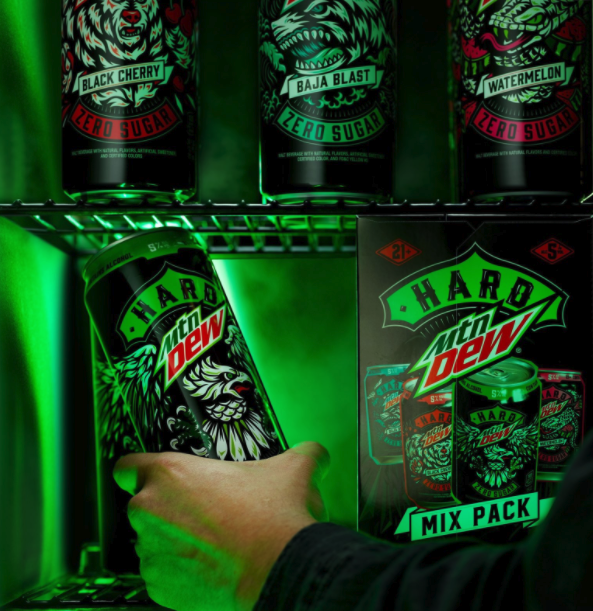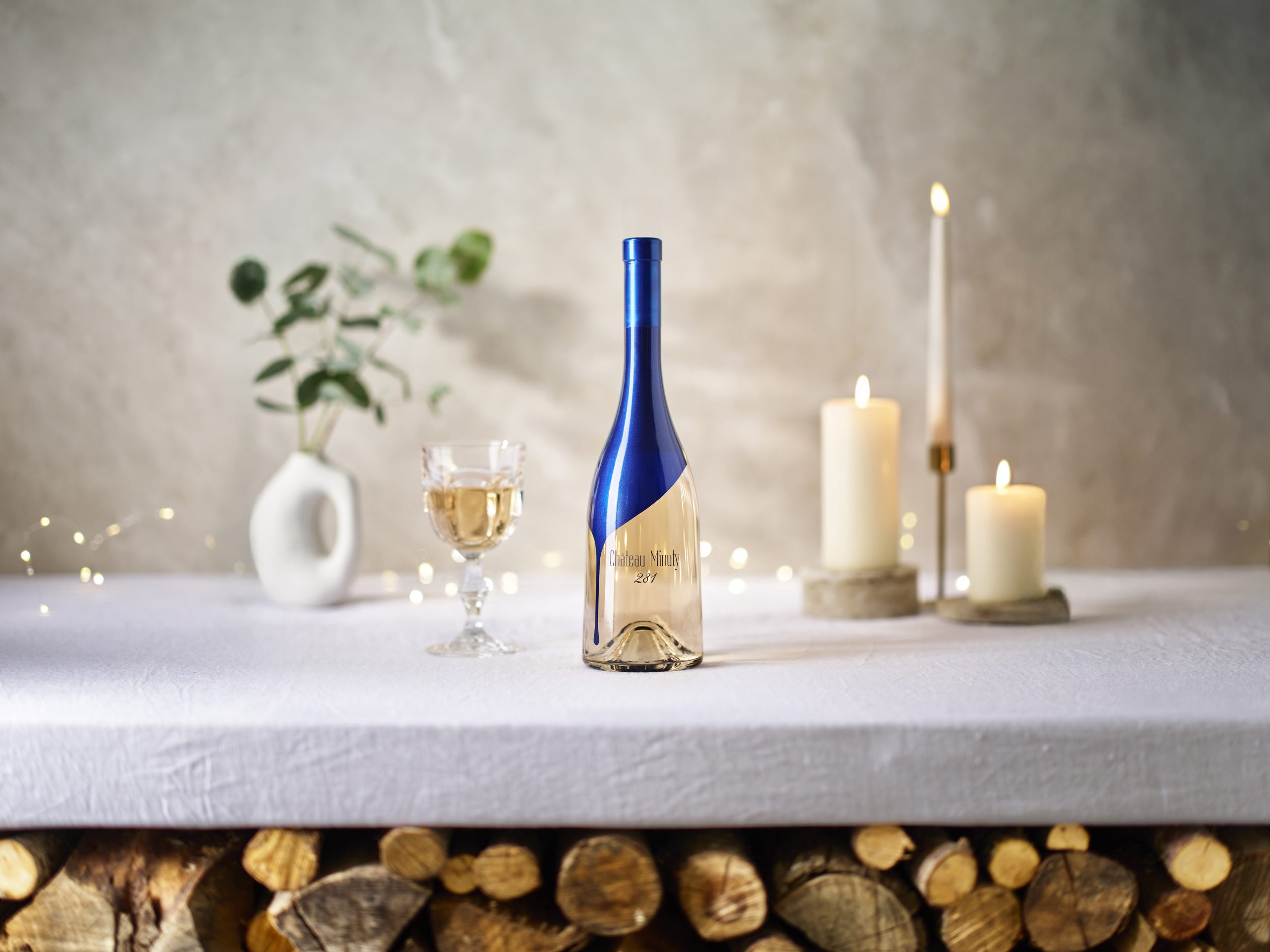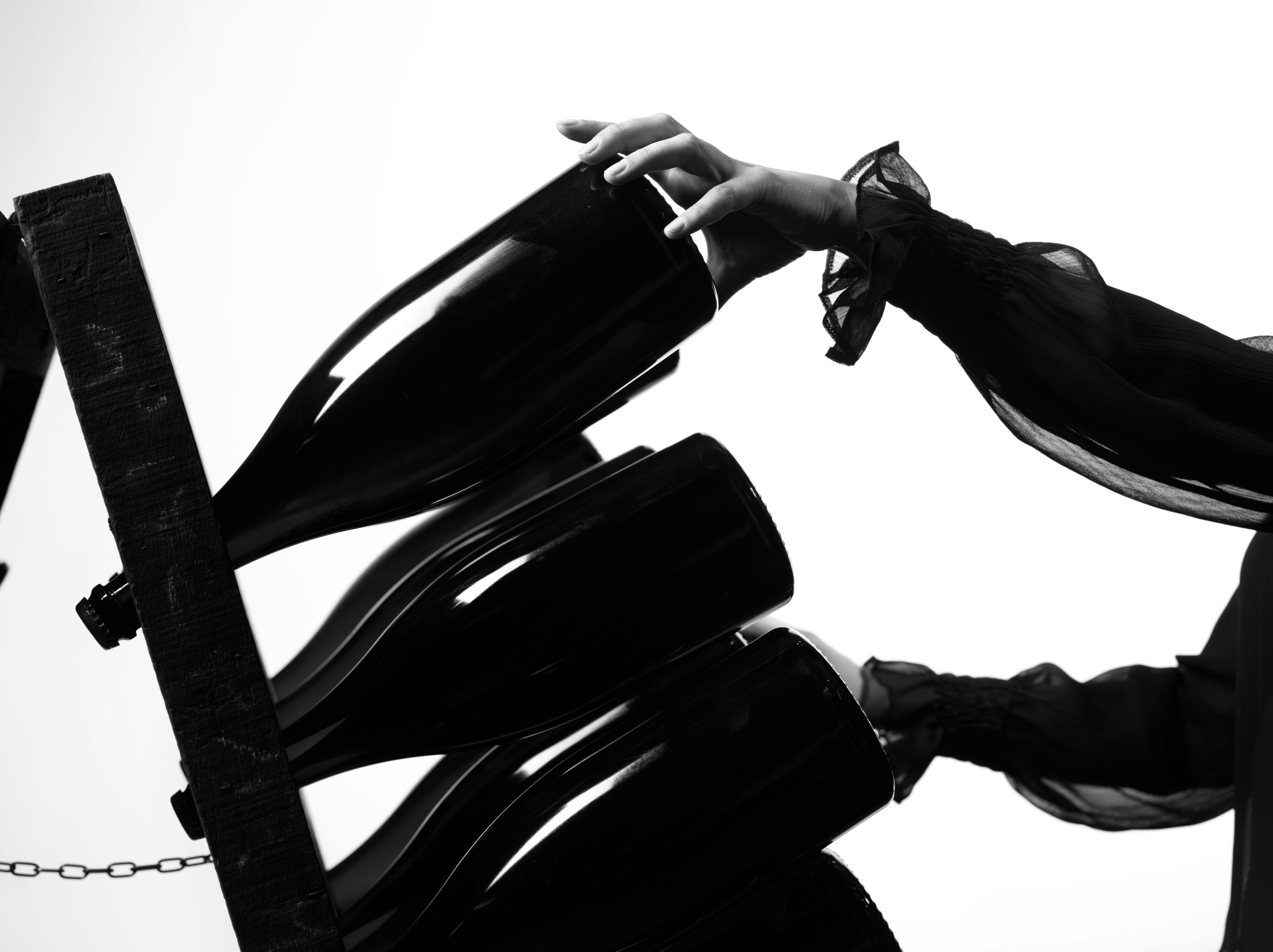Concerns raised over soft drink firms migrating to alcoholic sodas
Researchers have raised concerns over the raft of soft drinks companies entering the alcoholic soda category.

In a deep dive report in The New York Times, drinks analysts outlined how Mountain Dew came full-circle last year when PepsiCo introduced the new alcoholic beverage Hard Mtn Dew, using the youth-oriented brand’s popularity as a launch pad to its alcoholic variant.
According to experts, the introduction of Hard Mtn Dew reflects a major change in the alcohol industry and now blurs the lines where ready-to-drink (RTD) beverages reside since the category has now expanded to include hard seltzers, flavoured malt beverages, wine coolers and canned cocktails.
Bernstein Research beverage analyst Nadine Sarwat said: “It’s only really in the last three to four years that it’s become a major category.”
The discussion followed energy drinks company Monster Beverage rolling out its first line of alcoholic drinks named The Beast Unleashed with commentators from the industry speculating on how these drinks will have an impact on the future of drinking.
Pamela Trangenstein, a scientist with the alcohol research group at the Public Health Institute in California, said that the worrying thing about all of these releases is that “the carbonation and sugar content can make it taste like you aren’t drinking alcohol”.
Partner Content
Goldman Sachs managing director Bonnie Herzog who analyses the beverage industry, explained how the lifestyle choice of avoiding calories and carbohydrates has been driving down beer’s market share and yet, while drinks companies were vying on winning back people under 30 who are consuming less alcohol than previous generations at that age, the pandemic simultaneously boosted sales of RTD drinks as consumers sought out options they could drink at home. Herzog said: “Health and wellness, variety, convenience — that’s the appeal.”
AB InBev and Diageo have invested heavily in this category and, in 2018, Coca-Cola introduced Lemon-Dou in Japan. In 2020, the company paired with Molson Coors Brewing Company to make Topo Chico Hard Seltzers. Last year, Coca-Cola also entered into a deal to produce Fresca Mixed cocktails, Simply Spiked Lemonade and a canned Jack & Coke.
During an earnings call on 14 February, Coca-Cola chief executive James Quincey identified how the company’s “early alcohol experiments” have led it towards becoming “a total beverage company — everywhere” showing that the soft drinks giant is thirsty for a slice of the next big trend.
Comparatively, PepsiCo, which has just Hard Mtn Dew and Lipton Hard Iced Tea, has shown more interest in disrupting the status quo after establishing a wholly owned subsidiary, Blue Cloud Distribution, to oversee its sales and marketing.
To comply with the three-tier system, PepsiCo also reportedly licensed Mountain Dew’s brand to the Boston Beer Company and provided it with Mountain Dew flavouring which means PepsiCo is independent from production and can allegedly control distribution.
Related news
How to make a hot buttered rum
The most interesting conversations db had in 2025
Treasury Wine Estates plans leaner future amid US and China slowdown




